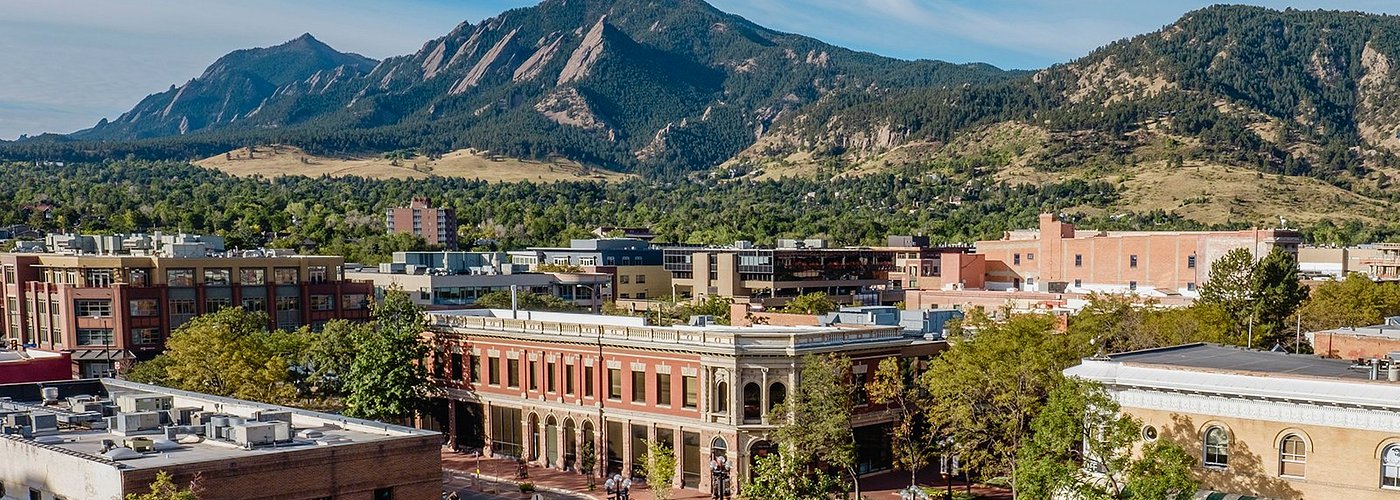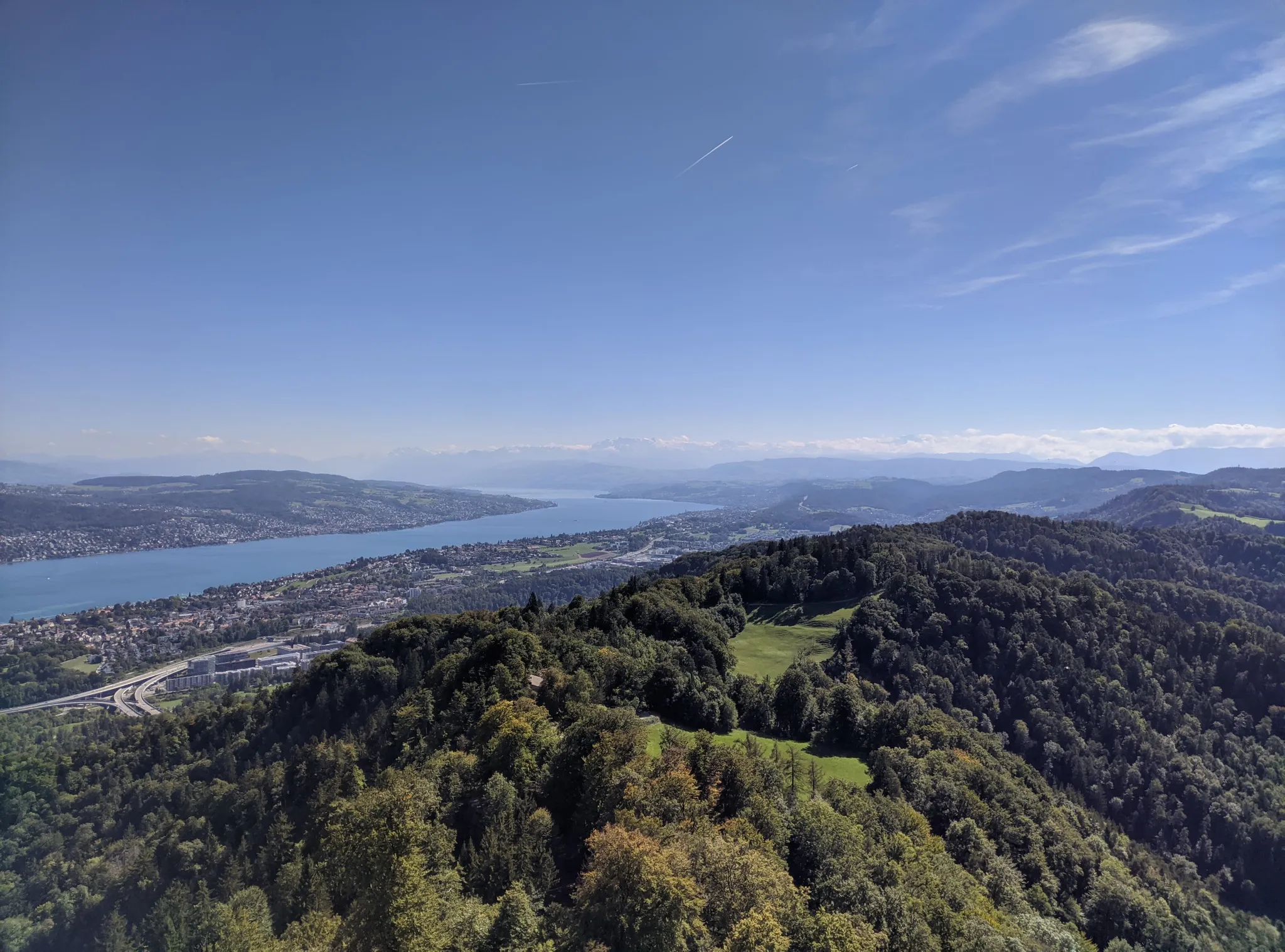If you’ve ever visited Boulder, Colorado, you know it’s a city that takes its mountains, its coffee, and its environmental impact very seriously. Nestled at the foot of the Flatirons, Boulder is home to a quirky community of eco-conscious individuals who would rather wear a T-shirt made from recycled plastic than use a single-use plastic bag. And when it comes to pesticides? Boulder isn’t just cautious—it’s practically anti-pesticide, making it a safe haven for people with Multiple Chemical Sensitivities (MCS) and anyone else who’s just trying to avoid smelling like a garden center.
MCS: The Struggle is Smelly
For those not familiar, Multiple Chemical Sensitivities (MCS) is like having a sixth sense, but instead of detecting danger, you’re able to sniff out harmful chemicals. Unfortunately, this “superpower” often causes people to experience headaches, dizziness, and other unpleasant symptoms, even from low-level exposures to common chemicals like those found in pesticides, perfumes, and cleaning products.
Picture it: you’re trying to enjoy a walk in the park, but the sweet smell of freshly mowed grass is actually a toxic cloud of chemicals. If you’ve got MCS, that idyllic moment could turn into a real-life nightmare. But fear not—Boulder has your back.
Boulder’s Love Affair with Pesticide-Free Living
Boulder has long been a pioneer when it comes to environmental consciousness, and that extends to keeping things “green” in the healthiest way possible. From organic farms to vegan eateries, this city doesn’t do things halfway. And when it comes to pesticides? The goal is simple: less is more. In fact, Boulder’s approach to reducing pesticide use is not just progressive—it’s practically revolutionary in the quest for public health.
So what’s Boulder doing right? Glad you asked.
- Education for All
Boulder believes that when you know better, you do better. The city has made a concerted effort to educate residents about the dangers of pesticides and the benefits of non-toxic alternatives. If you want to know how to keep your garden pest-free without turning it into a chemical wasteland, Boulder’s got you covered with tips, resources, and a gentle nudge toward organic solutions. The idea is simple: fewer pesticides, more healthy living. Your lungs will thank you. - Integrated Pest Management (IPM)
If you think “Integrated Pest Management” sounds like a fancy term for “How to Keep the Bugs Away Without a Chemical Overload,” you’d be right! IPM is an approach that emphasizes using the least toxic methods first—because who needs pesticides when a good dose of ladybugs will do the trick? It’s like the city’s version of pest control with a little more Zen and a lot less poison. - Bye-Bye, Harmful Pesticides
One of Boulder’s more ambitious moves was to limit the use of certain pesticides in public spaces. That’s right—no more spraying your favorite park with chemicals that would make a chemist nervous. Instead, Boulder focuses on natural methods of pest control, creating green spaces where everyone—especially those with MCS—can breathe easy and enjoy the great outdoors. - Organic Landscaping to the Rescue
If you’ve ever found yourself Googling “how to grow a garden without a chemical warfare strategy,” Boulder has your back. The city encourages residents and businesses to adopt organic landscaping techniques that keep pests at bay without turning to toxic sprays. If you thought organic was just for food, think again—your lawn can go pesticide-free, too! - Alternatives Are the New Black
Boulder doesn’t just ask people to stop using pesticides—it actively helps them find alternatives. Whether it’s recommending natural pest repellents or offering advice on how to attract helpful insects like bees and birds, Boulder is all about making sure you can enjoy a beautiful yard without the chemical hangover.
Why It Matters for People with MCS
If you’re living with Multiple Chemical Sensitivities, walking into a public park can sometimes feel like stepping into a chemical minefield. Pesticides used in public spaces can aggravate symptoms and make it hard to enjoy the great outdoors. But thanks to Boulder’s progressive policies, those with MCS have more places where they can safely breathe in fresh air, smell the flowers (without sneezing), and not have to worry about chemical exposure ruining their day. This isn’t just about the environment; it’s about protecting the health of some of Boulder’s most vulnerable residents.
And for those who don’t have MCS but are just looking for a place to relax without breathing in toxic chemicals? Well, Boulder has plenty of parks and public spaces where the only thing you need to worry about is finding a good spot for your picnic blanket.
A Better Future for Everyone
Boulder’s efforts to reduce pesticide use have far-reaching benefits. By cutting down on the use of harmful chemicals, the city helps protect local wildlife, conserve water, and preserve the beauty of its landscape. Less pesticide runoff means cleaner water and healthier soil—basically, the whole ecosystem gets a little love.
For residents with MCS, it means having a place where they can enjoy nature without worrying about chemical exposure. And for the rest of us? Well, we get to enjoy a cleaner, greener environment where the only thing “bugging” us is the occasional mosquito.
In Conclusion: Boulder Is Leading the Way
Boulder, CO, is paving the way for a future where pesticide-free living is the norm, not the exception. Whether you’re looking to avoid chemicals because of MCS or simply because you care about the environment (or just prefer your flowers without the chemical aftertaste), Boulder has set the bar high.
So, next time you find yourself in Boulder, take a deep breath. It’s probably fresher than you think.
For more information on how Boulder is reducing pesticide use and helping make the world a cleaner, greener place, check out the city’s official page on pesticide reduction here.
City of Boulder. (2024). Reducing Pesticides in Boulder. Retrieved from https://bouldercolorado.gov/services/reducing-pesticides


